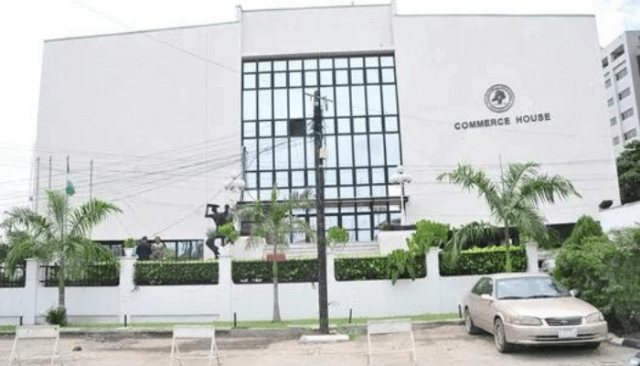The Lagos Chamber of Commerce and Industry (LCCI) is optimistic about a potential decrease in prices by 2025 as monetary policies begin to take effect and the economy starts benefiting from reform initiatives.
The LCCI anticipates that inflation will decline as these monetary measures are implemented, with trade, agriculture, and manufacturing set to lead job creation—crucial for tackling unemployment and poverty.
President of LCCI,Gabriel Idahosa, in a December 30 note, said that the Nigerian economy experienced a tumultuous period marked by persistent rising prices, burdening interest rates, high cost of production, low demand, and an uncertain macroeconomic policy direction.
The LCCI also stated that Nigeria’s economic landscape continues to be shaped by challenges that impact major indicators.
“Key among these are the persistently high inflation rates driven by escalating costs of goods and services and the ongoing implementation of tight monetary policies to stabilise prices.
Idahosa added that it stands at a critical juncture, presenting hope for possible transformative growth, which requires decisive and strategic policy actions to address lingering challenges.
Data from the National Bureau of Statistics (NBS) showed that food inflation at 39.93 percent in November 2024 was significantly higher than 24.82 percent before the subsidy removal.
Also, headline inflation increased to 34.6 percent in November 2024 from 33.8 percent in October.
“In 2024, Nigeria’s economy faced persistent challenges marked by inflationary pressures, exchange rate volatility, and subdued economic growth, influenced by tight monetary policies implemented by the Central Bank of Nigeria (CBN) to curb inflation,” Idahosa said.
“Looking ahead to 2025, prospects hinge on sustained fiscal reforms, exchange rate stabilisation, and enhanced monetary policy coordination to foster growth, with inflation projected in the 2025 budget to decelerate to 15 percent as policy impacts crystallise,” he said.
He stated that as we enter 2025, the global economy is poised at a crossroads, grappling with uncertainties while uncovering new opportunities.
“Key developments, such as the inauguration of a new U.S. administration under Donald Trump, bring both promises and challenges.
“Markets worldwide will likely navigate a recalibration phase as businesses and governments adapt to shifts in international trade, energy strategies, and geopolitical alliances,” Idahosa said.
He further said policymakers and industry leaders must address pressing issues like the debt crisis, climate change, technological transformation, and social equity with bold and actionable strategies.
“The dynamic interplay of these factors will undoubtedly shape the trajectory of global economic health and set the stage for long-term growth,” Idahosa said.




















